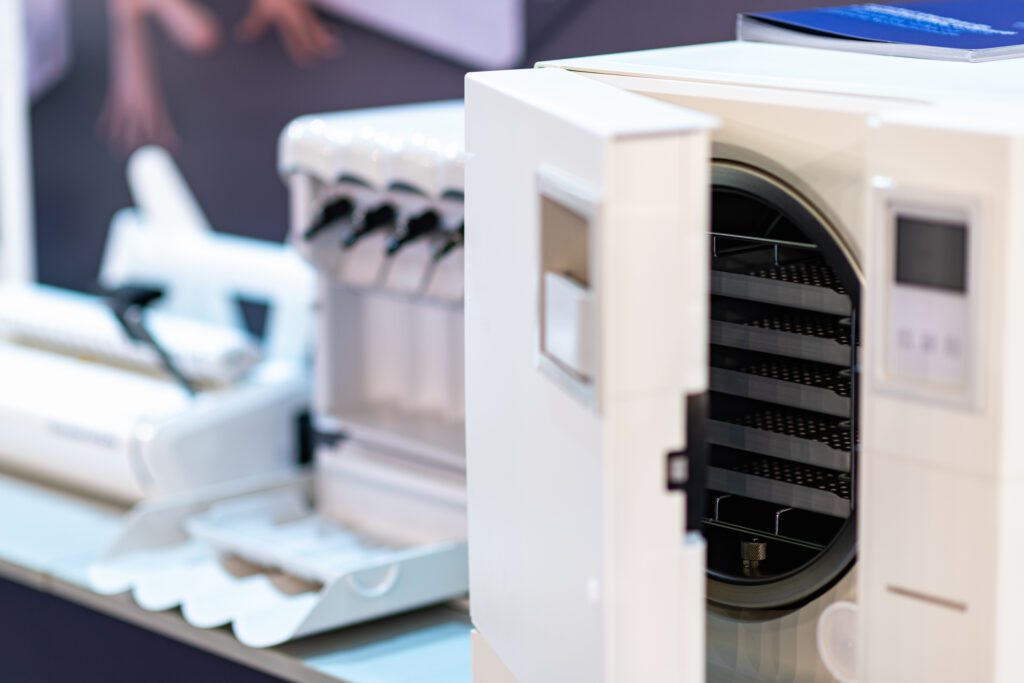In Martinsburg, WV, having a well-functioning Heating, Ventilation, and Air Conditioning (HVAC) system is essential for maintaining comfort throughout the year. Whether it’s sweltering summers or cold winters, ensuring your HVAC system is operating efficiently can significantly impact your home environment and energy costs. This guide will walk you through understanding your HVAC system, evaluating its current condition, exploring energy-efficient upgrades, and making informed decisions when hiring professionals for service.
Understanding Your Home’s HVAC System
To improve your home’s HVAC system, it’s crucial first to understand its components and functions. An HVAC system consists of several interconnected parts, including the furnace, air conditioning unit, ducts, and thermostat. Each component plays a vital role in ensuring the system operates efficiently, contributing to the overall comfort of your living space.
The Role of an HVAC System
The primary function of an HVAC system is to provide indoor comfort through temperature regulation and adequate ventilation. It helps to heat your home during winter, cool it during summer, and maintain good air quality year-round. With proper functioning, it keeps the climate comfortable while ensuring that your energy bills remain reasonable. Additionally, modern HVAC systems often come equipped with smart technology that allows homeowners to monitor and control their systems remotely, optimizing energy usage and enhancing convenience.
Common HVAC System Problems in Martinsburg, WV
Homeowners in Martinsburg may encounter various HVAC issues, particularly due to the region’s weather fluctuations. Common problems include:
- Poor airflow, which can be due to clogged ductwork or a failing blower fan.
- Inconsistent temperatures from room to room, indicating uneven heating or cooling.
- Increased energy bills, suggesting inefficiency in the system.
- Strange noises such as banging or whistling, which may indicate mechanical problems.
- Frequent cycling on and off, a sign of potential thermostat or compressor issues.
Recognizing these signs early can help mitigate significant damage and costly repairs. Furthermore, regular maintenance is essential in preventing these issues from arising. Homeowners should consider scheduling routine inspections and tune-ups, which can include cleaning or replacing filters, checking refrigerant levels, and ensuring that all mechanical components are functioning correctly. This proactive approach not only extends the lifespan of the HVAC system but also enhances its efficiency, ultimately leading to a more comfortable living environment.
Another important aspect to consider is the impact of insulation and sealing on your HVAC system’s performance. Proper insulation in your walls and attic can significantly reduce the workload on your heating and cooling units, while sealing any leaks around windows and doors helps maintain the desired indoor temperature. In Martinsburg’s climate, where temperature extremes can be common, investing in quality insulation and sealing can lead to substantial savings on energy costs and improve the overall effectiveness of your HVAC system.
Evaluating Your Current HVAC System
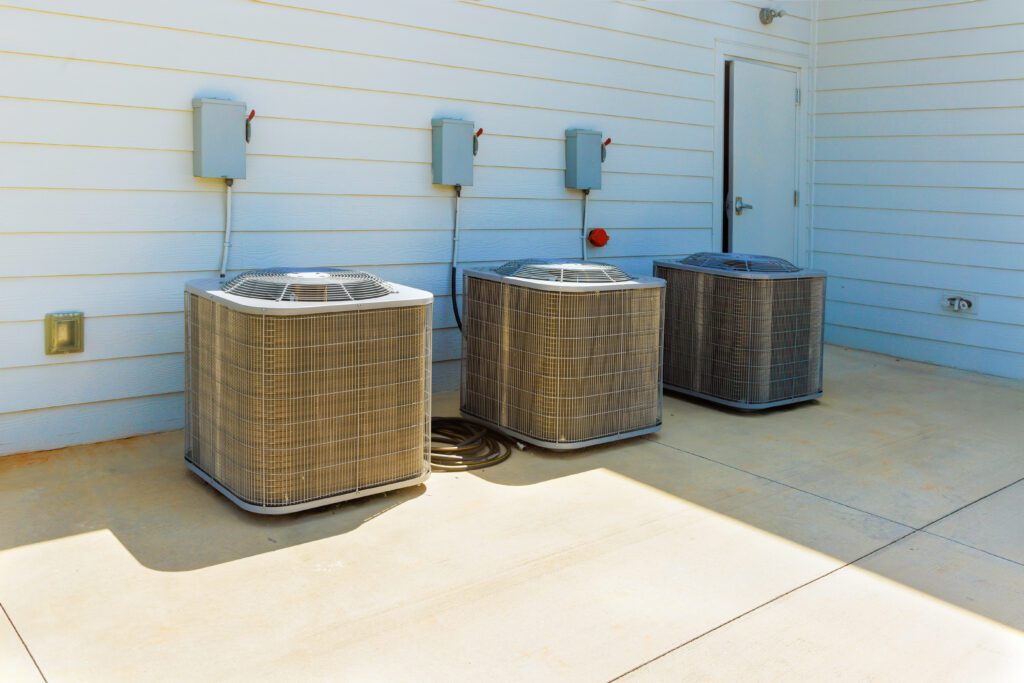
Once you’re aware of the basic functions and common problems, the next step is evaluating your HVAC system’s current performance. This assessment can help you decide whether repairs, maintenance, or complete replacement is necessary. Understanding how your system operates and identifying any inefficiencies can save you both time and money in the long run, allowing you to make informed decisions about your home’s heating and cooling needs.
Signs Your HVAC System Needs Improvement
Several indications suggest that your HVAC system may require improvements. Some key signs include:
- Age of the system: If your HVAC unit is over 15 years old, it may be time for an upgrade.
- Unusual energy costs that don’t correlate with usage.
- Frequent repairs that seem to add up over time.
- Unpleasant odors emanating from the vents, which could indicate mold or electrical issues.
By paying close attention to these signs, you can prevent more severe issues from developing. Additionally, you might notice inconsistent temperatures throughout your home, which can indicate that your system is struggling to maintain a comfortable environment. If certain rooms are significantly warmer or cooler than others, it may be a sign of poor ductwork design or airflow restrictions that need to be addressed.
The Importance of Regular HVAC Maintenance
Regular maintenance is critical to extending the life of your HVAC system and ensuring it runs efficiently. Scheduled maintenance typically includes:
- Change filters regularly to improve air quality and efficiency.
- Inspect ductwork for signs of leaks or obstructions.
- Clean the coils in air conditioning units to enhance cooling effectiveness.
- Check refrigerant levels to ensure efficient operation.
Incorporating routine maintenance can prevent unexpected breakdowns during extreme weather and enhance indoor comfort. Moreover, regular check-ups can also help identify potential issues before they escalate into costly repairs. For instance, a simple cleaning of the evaporator and condenser coils can significantly improve your system’s efficiency, leading to lower energy bills and a reduced carbon footprint. Additionally, a well-maintained HVAC system can contribute to better indoor air quality, which is especially important for households with allergy sufferers or respiratory conditions.
Energy-Efficient HVAC Upgrades
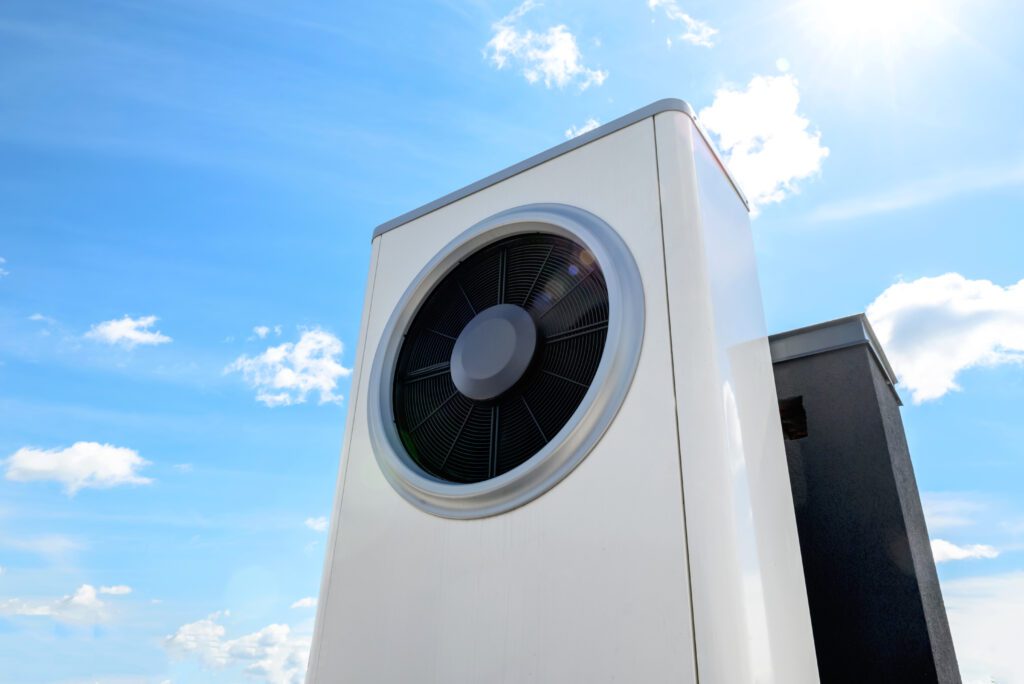
Investing in energy-efficient upgrades not only improves comfort but can also lead to long-term savings on energy bills. With increasing energy costs, it’s wise to explore options that boost efficiency. Furthermore, many local and federal programs offer incentives for homeowners who choose to upgrade to energy-efficient systems, making the initial investment even more appealing. These incentives can come in the form of tax credits, rebates, or even low-interest financing options, easing the financial burden of transitioning to a more sustainable solution.
Benefits of Energy-Efficient HVAC Systems
Modern energy-efficient HVAC systems come with a range of benefits, such as:
- Lower energy costs: Energy-efficient units significantly reduce monthly utility bills.
- Increased home value: Buyers are often willing to pay more for homes with updated, efficient HVAC systems.
- Enhanced comfort: New systems maintain consistent temperatures and humidity levels better than older models.
These benefits can add substantial value to your home in addition to improving daily comfort. Moreover, energy-efficient systems often operate more quietly than their older counterparts, contributing to a more peaceful living environment. Many models also come equipped with advanced filtration systems that improve indoor air quality by reducing allergens and pollutants, which is especially beneficial for families with respiratory issues or allergies.
Choosing the Right Energy-Efficient HVAC System for Your Home
When selecting an energy-efficient HVAC system, consider the following factors:
- Size: Make sure the unit is appropriately sized for your home’s square footage.
- SEER and AFUE ratings: Higher Seasonal Energy Efficiency Ratio (SEER) and Annual Fuel Utilization Efficiency (AFUE) ratings indicate greater energy efficiency.
- Features: Look for programmable thermostats and zoning capabilities to maximize efficiency.
Consulting with a professional can help you navigate the options and select the ideal system for your needs. Additionally, it’s important to consider the long-term maintenance requirements of the system you choose. Some energy-efficient models come with warranties that cover parts and labor, providing peace of mind and potentially saving you money on repairs. Regular maintenance, such as filter changes and system checks, can further enhance the efficiency and lifespan of your HVAC system, ensuring that your investment continues to pay off for years to come.
Hiring a Professional HVAC Service in Martinsburg, WV
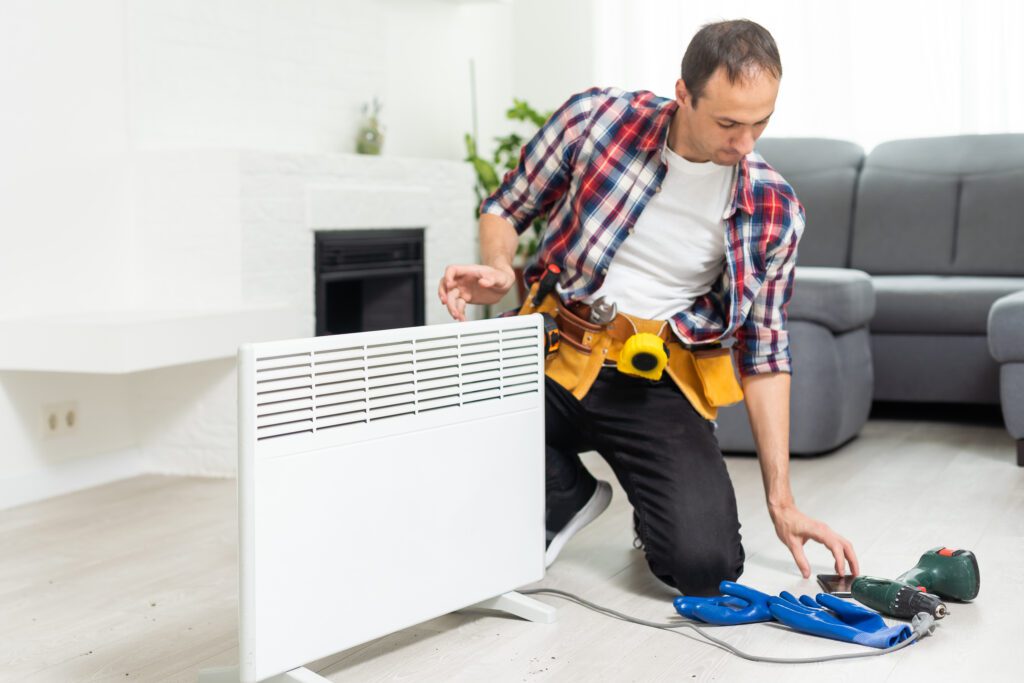
When improvements or repairs are necessary, hiring the right HVAC service provider is essential to ensure quality workmanship and service. In a region like Martinsburg, where seasonal temperature fluctuations can be quite extreme, having a reliable HVAC system is not just a luxury but a necessity. Whether it’s the sweltering heat of summer or the biting cold of winter, your HVAC system plays a critical role in maintaining a comfortable indoor environment.
What to Look for in an HVAC Service Provider
Choosing the right HVAC service provider involves more than just cost. Here are essential criteria to consider:
- Licensing and insurance, which protect you from liability.
- Positive customer reviews and testimonials, offering insights into the company’s reliability.
- Experience, particularly with systems similar to yours.
Taking the time to choose a reputable provider can save you from costly mistakes in the long run. Additionally, consider their commitment to ongoing training and certifications. The HVAC industry is constantly evolving with new technologies and energy-efficient systems, and a provider who invests in training their technicians will be better equipped to handle modern equipment and provide you with the best solutions available.
Questions to Ask Your HVAC Technician
Before hiring an HVAC technician, asking the right questions can clarify expectations and avoid misunderstandings:
- What is your estimate for the job, and does it include all possible costs?
- How long will the project take to complete?
- Can you provide references from previous customers?
These questions can help ensure you hire someone knowledgeable and trustworthy. Furthermore, inquire about the warranties or guarantees they offer on both labor and parts. A reputable technician will stand by their work and provide you with peace of mind, knowing that if any issues arise after the service, you will have support. Also, don’t hesitate to ask about their maintenance plans; regular check-ups can significantly extend the lifespan of your HVAC system and improve its efficiency, ultimately saving you money on energy bills.
DIY Tips for Maintaining Your HVAC System
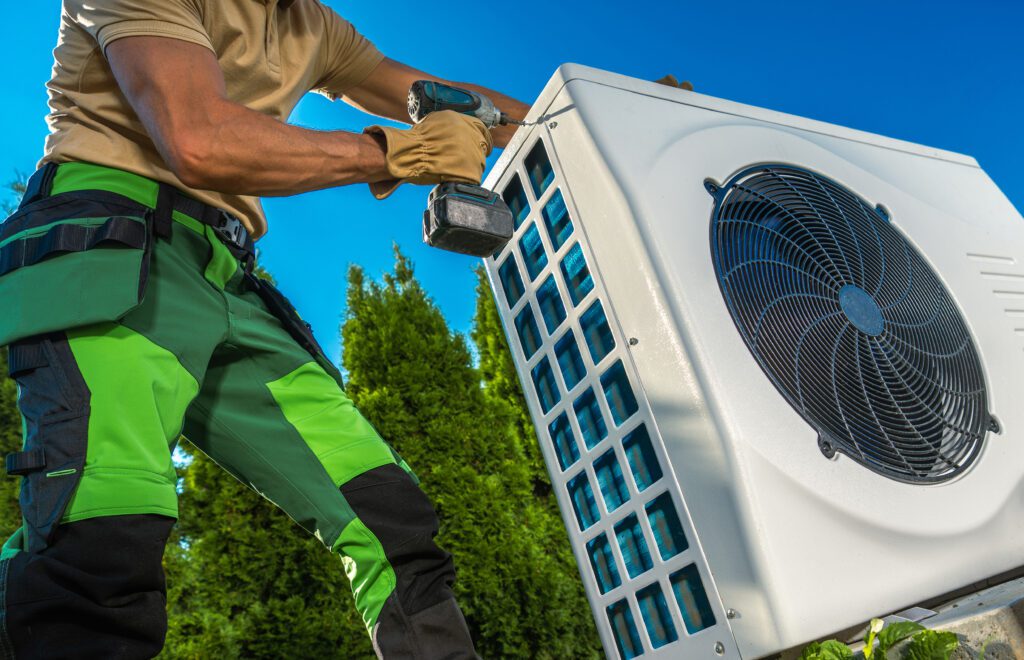
While professional support is crucial, there are several DIY tasks homeowners can undertake to maintain their HVAC systems effectively.
Regular Cleaning and Maintenance Tips
Implementing routinely scheduled maintenance can extend the life of your HVAC system. Here are a few DIY tips:
- Change air filters every 1-3 months, especially during high usage seasons.
- Clean or replace the outdoor unit’s surroundings to prevent obstructions.
- Check the drainage pans for clogs to avoid water damage.
These simple tasks can significantly enhance your system’s performance and durability. Additionally, consider vacuuming the vents and registers to remove dust and debris that can accumulate over time. A clean airflow path not only improves efficiency but also contributes to better indoor air quality, which is particularly important for those with allergies or respiratory issues. Furthermore, inspecting and cleaning the evaporator and condenser coils can prevent overheating and ensure that your system operates at peak efficiency. Regular maintenance can save you money on energy bills and extend the lifespan of your HVAC equipment.
When to Call a Professional for HVAC Issues
While DIY efforts are valuable, certain situations necessitate professional involvement. Recognize when to call a technician:
- If you experience noticeable changes in temperature regulation.
- When unusual sounds occur, indicating mechanical failures.
- If your HVAC system fails to start or operate efficiently.
Addressing these issues promptly with professional help will help prevent further damage and increase the overall efficiency of your HVAC system. Additionally, if you notice an increase in your energy bills without a corresponding change in usage, it may indicate that your system is working harder than it should. A qualified technician can perform a thorough inspection and identify any underlying issues, such as refrigerant leaks or ductwork problems, that could be contributing to inefficiency. Regular check-ups can also help in identifying potential problems before they escalate, ensuring your home remains comfortable year-round.
Improving your home’s HVAC system requires a combination of understanding, evaluation, and action. By incorporating preventative maintenance, considering energy-efficient upgrades, and utilizing professional services when necessary, you can enjoy a more comfortable living environment in Martinsburg, WV, while keeping energy costs in check. Additionally, investing in a programmable thermostat can provide further control over your heating and cooling schedules, allowing you to optimize energy usage based on your daily routines. This small upgrade can lead to significant savings over time, making it a worthwhile consideration for any homeowner looking to enhance their HVAC system’s efficiency.

